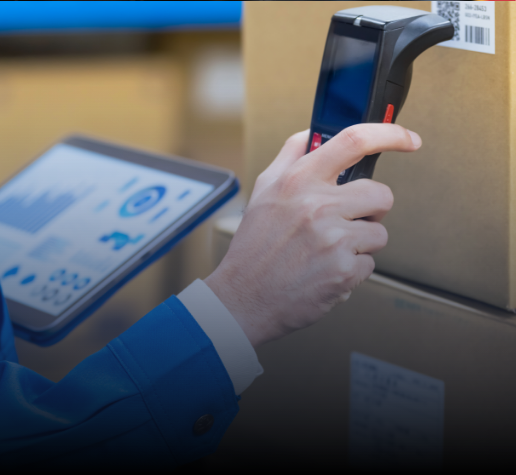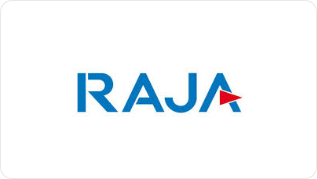The GIM Advantage
GIM's team of inspectors, auditors and lab experts are specialized by industry to ensure your products meet all safety and performance standards for your destination market.


Our fully qualified pre-shipment inspection services thoroughly review and test your supply chain, ensuring your standards for quality are met.
Unlike other forms of manufacturing inspection, pre-shipment inspections take place at the latter stage of the manufacturing process; usually once the production run is at least 80% complete.
Essentially, it gives you the opportunity to catch any last-minute problems that occur, and to take action to fix the issue before the product is shipped to your customers.
Your pre-shipment inspection takes place before the product is finished and then packaged. Essentially, it’s the last stage of the process before recalls and corrections start to become very expensive, and it helps you minimize import risks.
Our pre-shipment inspection (PSI) services will cover a range of criteria, including:


As well as a number of other criteria.
The key thing to remember here is that our expert inspectors work to customized checklists. That means that we can tailor our checks to suit the unique needs of your business, and check to ensure your products meet any specified industry standards.
If you’d like to find out more about how we can help tailor your pre-shipment inspection check to meet your own specific criteria, get in touch today.
There are a number of key benefits to having a PSI carried out, including:


Global Inspection Managing is a 3rd party quality inspection company that understands why importing products must apply strict professional standards. That’s why, at Global Inspection Managing, our inspectors are fully qualified, meeting inspection standards ANSI/ASQC Z1.4 (ISO 2859-1).
You need to be able to trust that your inspection will help guarantee the quality of your products, and help you catch any potential issues before they start costing you money.
Our quality control inspectors are ready to go to work for you for $269 USD per day if you’d like to discover more, get in touch with Global Inspection Managing today Your inspection report is available 18 hours maximum after our visit.





At Holam, we appreciate the work of GIM, thanks to the quality of their service and the flexibility of their reports, which fully meet our needs. The quality of their work is combined with their reports, which are always explicit and address all the specifics of our products. With GIM, the inspections are as if we were doing them ourselves.
GIM provides us with inspection reports for our clients from the jewelry industry, my products are mainly made of wood (displays, and boxes). I like to work with GIM for their efficiency, attention to details, and reliability in their inspection results.
After multiple problems in our book productions, we asked GIM to inspect each of our book productions in China. Their service and follow-up is excellent and we are now also working with them in Vietnam.
We are a company specializing in the distribution of gift products in France. GIM was able to meet the scope of our needs, both in terms of "sourced products" and in negotiations with Chinese suppliers to enable us to obtain reasonable quantities allowing us to expand our range of products. GIM was able to guide us in its research by monitoring the entire production line all the way to quality control. Their ability to listen, their service and their professionalism are qualities that we found in GIM.
Answers to some of the most common questions & concerns.

